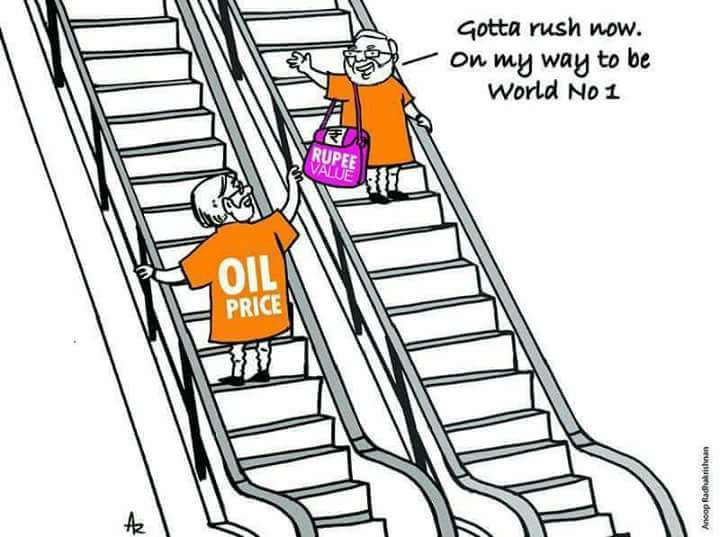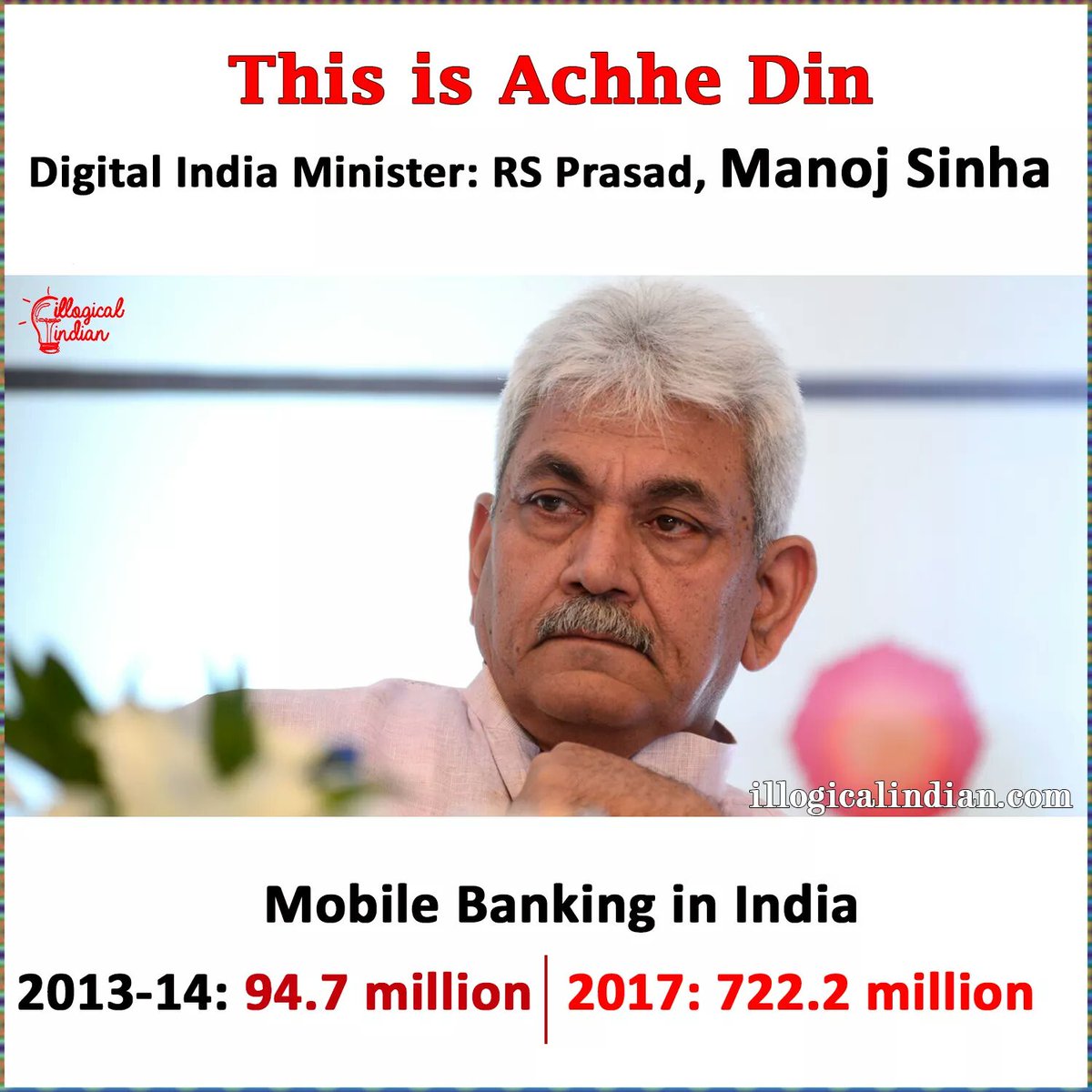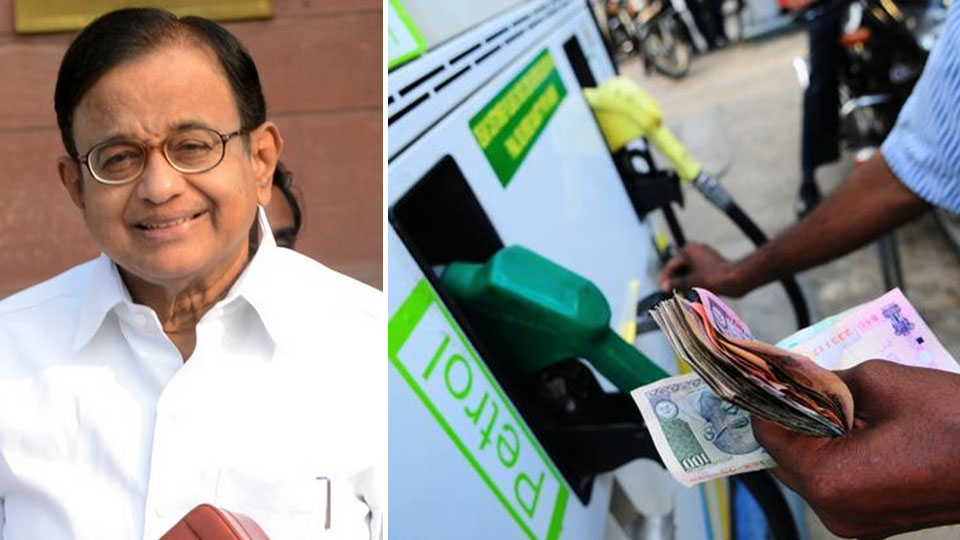S
swathi25
Guest
Second question is why the Government has not passed on the benefits of Price reduction in Crude to the consumers, instead they
enhanced the duty on the product.
Brahmanyan
Bangalore.
Sir,
Every State Government collect different rates of Tax on Petrolium products.
And there may be some who wish to argue that these revenue earned out of tax is being spent to public by initiating welfare measures.
Here is an article on this...
[h=1]The real culprit behind high fuel prices in India[/h]Excerpts:
The media has been constantly talking about rising crude oil prices and how the Indian OMCs are losing so much money as a result of fuel subsidies. To a logical mind, it seems obvious that if international crude oil prices are rising, there is no way we can escape the brunt of it. But if you look at some basic facts, you get a feeling that there has been some deliberate shaping of public opinion. In fact, fuel prices need not be as high as they are now.
The problem is that we fail to ask how much petrol really costs. Let's try some simple arithmetic. International crude oil prices are hovering around US$ 112.5 per barrel. That translates to about Rs 5,085 per barrel. Each barrel contains about 158.76 litres. So, effectively crude oil costs Rs 32 per litre. Now, add the cost of refining it to petrol or diesel. According to an oil company official, the refining cost is about 52 paise per litre. Add about Rs 6 as capital costs for the refinery. Then there's the cost of transportation (Rs 6) and dealer's commission (Rs 1.05). So, adding all that, the price of petrol comes to about Rs 45.6 per litre. But how much are we actually paying for petrol? Rs 68.3 in Mumbai, Rs 63.4 in New Delhi, Rs 71 in Bangalore
Read more at: https://www.equitymaster.com/5MinWr...real-culprit-behind-high-fuel-prices-in-India






